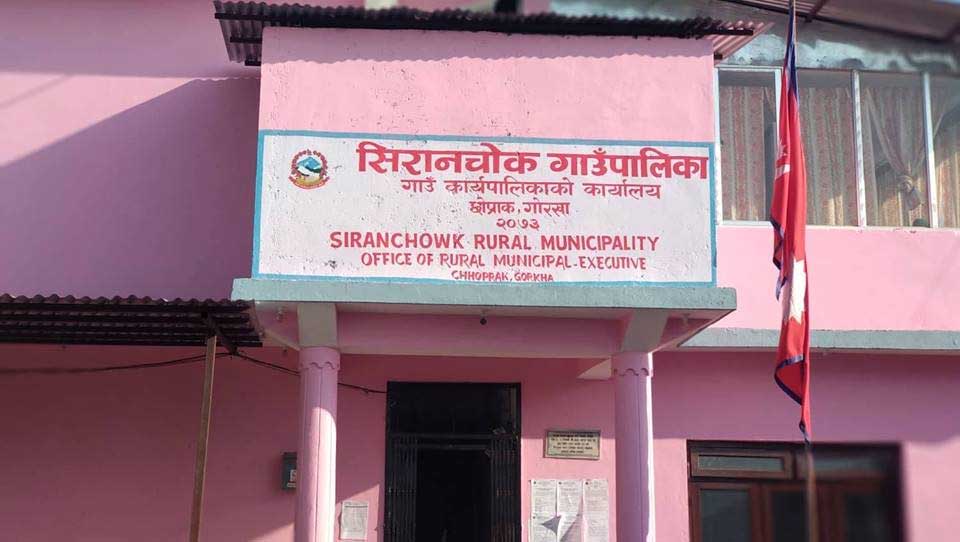
Preserving Local Culture: Siranchok Rural Municipality's Innovative Textbook Initiative
In a groundbreaking move, Siranchok Rural Municipality of Gorkha, Nepal, has collaborated with the Gandaki provincial government to create a unique textbook. Named 'Local Mother Tongue (Gurung)', this educational resource is aimed at students in classes 1 to 3. The initiative is a significant step towards preserving the rich Gurung culture and language.
Why This Textbook Matters
- Cultural Preservation: The textbook serves as a repository of Gurung community history, art, costumes, religion, and customs.
- Language Conservation: It includes practical grammar and vocabulary of the Gurung language, written in the Khema script.
- Local Knowledge: Information about the geography, climate, and agriculture of Siranchok Rural Municipality is also included.
What's Inside the Textbook?
Gurung Community Insights
- Social Value and Recognition: The book delves into the social significance of the Gurung race.
- National and International Personalities: It introduces notable figures from the Gurung community, both nationally and internationally.
Language and Script
- Khema Script: The textbook educates students on the Khema script used in the Gurung language.
- Practical Grammar: It includes grammar rules specific to the Khema script.
- Vocabulary: A comprehensive list of Gurung language vocabulary is provided.
- Tamu National Song: The book also includes the Tamu national song, an important cultural element.
Local Geography and Agriculture
- Geographical Details: Information about Siranchok's location, climate, and population.
- Agriculture: The book covers crops, seed plants, grains, and fruits cultivated in the region.
Additional Features
- Gurung Settlements: An introduction to the main Gurung settlements within Siranchok.
- Surnames: The book lists 20 types of surnames of the Gurung caste.
The Team Behind the Textbook
The editorial team comprises Buddhi Bahadur Gurung, a member of the school management committee, teachers Budhi Bahadur Gurung and Muna Gurung, and the school principal. Experts like Kesharsingh Basnet and Ash Bahadur Gurung have also contributed to the book.
Future Plans
According to Kesharsingh Basnet, the head of the education branch, the textbook will initially be taught in Himalayan high schools. Plans are underway to extend its reach to schools with a majority of Gurung community students.
Conclusion
This textbook is more than just an educational resource; it's a cultural treasure trove aimed at preserving the Gurung heritage for future generations. It's a commendable initiative that other communities could emulate to keep their traditions and languages alive.
By focusing on local content and cultural elements, Siranchok Rural Municipality is setting a precedent in educational innovation and cultural preservation.





